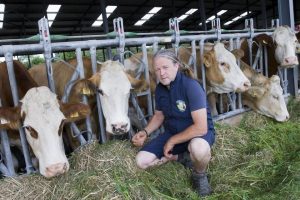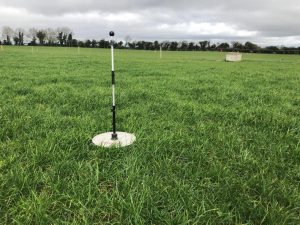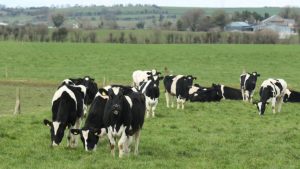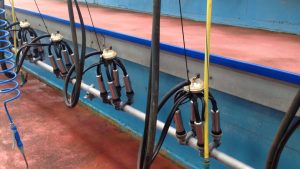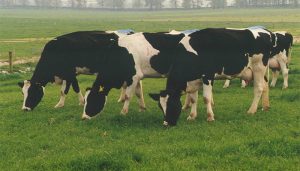
The principle of ‘force majeure’ is well recognised within legal circles.
In essence, it takes account of the fact that not every conceivable eventuality can be catered for within a contract arrangement.
So let me suggest that both the co-ops and the farmers who entered into fixed-payment contracts for milk in the mid-30c/L ball park could not have envisaged what would be coming down the track.
The reality is that every farm business in Ireland has been hit by a tsunami of additional costs over recent months due to the war in Ukraine, and for other reasons.
As a consequence, Irish farmers find themselves hostages to fortune, battling against international events, over which they have no control.
The one upside within all of this is the continuing strengthening of international dairy markets.
This week, as a case in point, has seen the Irish Creamery Milk Suppliers’ Association (ICMSA) call on the dairies to pay 53c/L for May milk.
These are unheard-of prices.
But the reality is that the co-ops can afford to pay them, because the money is coming in from retail and foodservice buyers to make all of this feasible.
Meanwhile, those farmers on fixed-price contracts are up to 20c/L behind where the market really is.
I have already referenced the principle of force majeure. And before the legal beagles tell me that I am barking up the wrong tree, let me make the following point.
Given current circumstances, the slavish interpretation of the wording within the various fixed milk price agreements is not the issue at stake here. But the principle of fairness is.
One of the aims of the co-operative movement was to help lift Irish farmers out of povert, to offer some certainty of income.
It is sad to see a situation arise, where some farmers are being so badly hit by the combined fixed-price contract and high cost of inputs that their futures are uncertain.
The co-ops must act, must do more, to do right by those farmers – now and into the future.
And this has to be a genuine commitment on the part of all the societies, one that recognises the real need that is out there at farm level – across the island of Ireland – right now.
The money is there to make this happen. We are all living through very unique and challenging times.
But, as I keep pointing out, the Irish co-ops were established to shelter their members from these storms.
Casting them adrift without a lifeline was never part of the plan at all.






